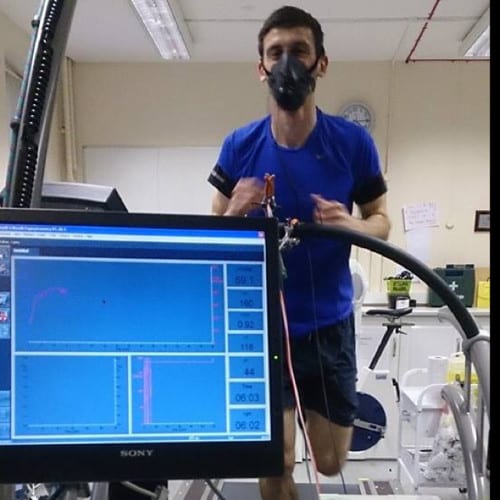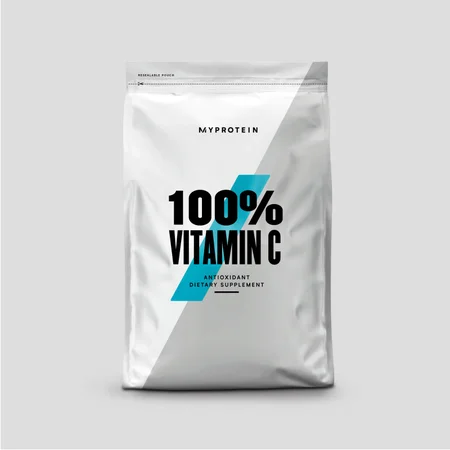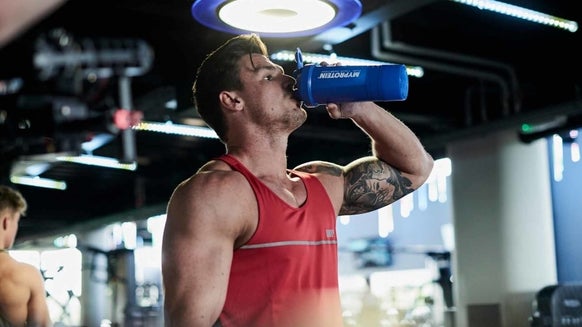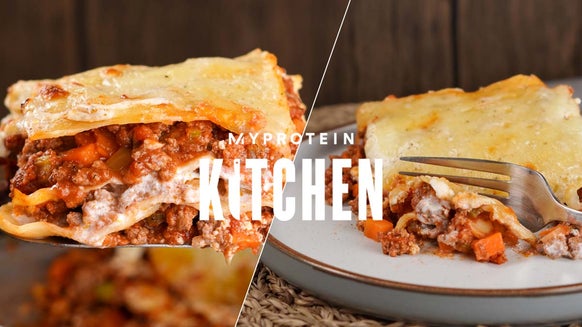
There are many things that can afflict your skin and cause it to lose its strength and elasticity – not to mention its youthful appearance. Your skin is sensitive. It’s not just people with skin conditions that can suffer skin breakages either. Every day your skin is exposed to pollution, toxins in the air, and bacteria from unclean surfaces, and the sun’s rays, which can be harmful to the uncovered skin. Along with these external threats, your skin naturally loses its ability to protect and heal itself with age along with dietary choices. To defend against this, you're going to need the best vitamins for skin repair.
Your skin does, however, have the magical ability to heal itself. Okay, it’s not magic at all, it’s science and it also means it can regulate your temperature and regenerate following a breakage.
Your skin consists of two layers: the dermis, which is the deeper layer, and the epidermis, which is the surface layer. The smaller layers in between include the stratum basale and stratum spinosum, which are responsible for skin regeneration.
While your first thought may be to run to the nearest shop and buy expensive lotions and creams, you should first of all look into your vitamin intake. Vitamins are the answer you might just have been looking for.
These are the best vitamins for skin repair.
Vitamin C
Vitamin C, or ascorbic acid, helps with the production of collagen, which certain lifestyle factors can actively deplete such as smoking and drinking. As one of the best vitamins for skin repair, it can help to keep your skin firm by retaining elasticity, and as an antioxidant protects your skin from damage by destructive free radicals. It is also good for your skin as it promotes regeneration; in particular, it is used for the repair and growth of tissues throughout your body.

Vitamin E
Vitamin E is important for maintaining healthy skin. Packed with antioxidants which fight free radicals and help with regeneration by improving your skin’s texture, moisture and softness. A healthy regular dose of vitamin E also helps to store vitamins A too, which can help to treat wrinkles.
The daily recommendation for men is 4mg and women 3mg. The best natural sources include plant oils, wheat germ and nuts and seeds.
Vitamin A
Vitamin A is essential for the process of skin regeneration, which helps to fix pesky blemishes and signs of aging. This is because it is required for the production of epithelial cells where regeneration takes place. It’s an antioxidant, too. As with the aforementioned antioxidants, its ability to protect your body from harmful free radicals also means it can help to fight very serious conditions such as sepsis.
Vitamin B
Vitamin B plays an essential role in the maintenance of healthy skin. Research has found that vitamin B3 can ‘brighten’ your skin and reduce the signs of ageing, while vitamin B5 is a highly efficient nutrient for preventing skin water loss, therefore helping to keep it hydrated.
Vitamin K
Vitamin K is invaluable when it comes to healing wounds due to its role in blood clotting. Green vegetables, oils and grains are all top sources of vitamin K, though smaller quantities may be found in meat and dairy. Adults need approximately 1mcg a day of vitamin K for each kilogram of their body weight.

Zinc
Zinc supports your immune system, which aids the process of the tissue repair of your skin. Studies have proven that the regular intake of dietary zinc can help to heal wounds.
Vitamin D
Research has proven that people who suffer from skin conditions tend to have a lower level of vitamin D in their systems than those who don’t. Even lower vitamin D levels can result in much more severe conditions.
Coconut Oil
Coconut oil is one of the most popular moisturizers available in supermarkets and works wonders for dried-out skin, which can crack and break. It helps protect and heal your skin due to its ability to be easily absorbed and replenish damaged skin, making it one of the best vitamins for skin repair. It is antibacterial and anti-fungal, meaning it can help with infections, too.










